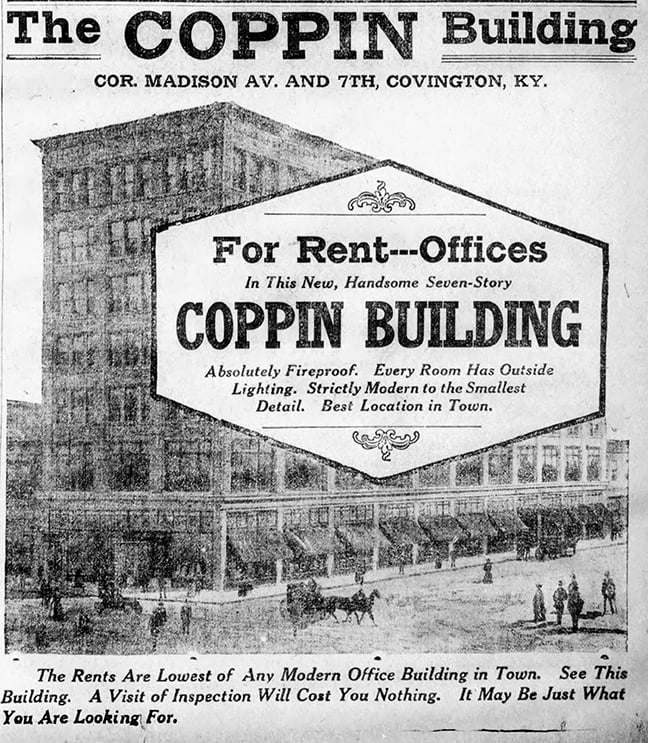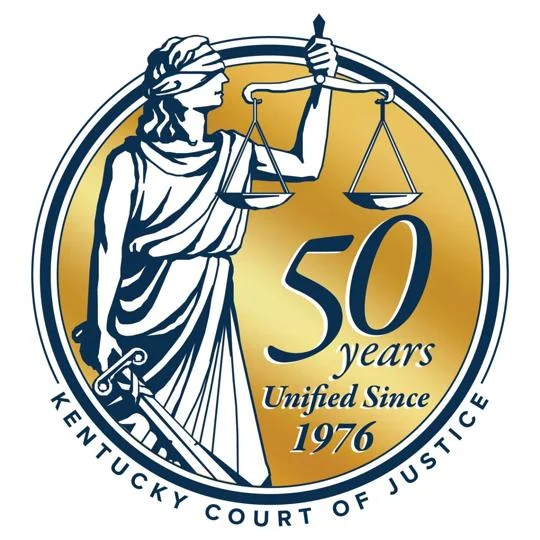If I could please, let me try to add a voice of reason to the debate involving county clerks who believe that issuing marriage licenses to same sex couples compromises their religious, moral or other principles.
First of all let us remember that the hallmark of our nation is that we are ruled by law, not by men. The phrase “the rule of law” does not mean “the rules of law” as in “the rules of golf”. The word is “rule”, not “rules” and in proper context it means the same thing as “the rule of King George” or “living under Communist rule.” It is the word “rule” as in “ruler” as in “the one in charge.”
With this basic understanding let’s now discuss what the “rule” of law means as opposed to the “rule of men.” In this country the law is our ruler. No man, and no group of men, no matter how organized, serve as our ruler. We are “ruled” by law.
As such we must accept that when laws are enacted following “due process”, as part of our social contract with each other we agree to abide by them, thus becoming “law abiding citizens”. We do not have to agree with the laws, nor is it necessary for us to remain unopposed to the law, but we are bound, as “law abiding citizens” to abide by the law.
Some will argue that our nation has a rich tradition of resistance, often offering the cockamamie notion that the American Revolution is the perfect example of our history of rebellion. Of course advancing embarrassingly stupid arguments such as this doesn’t seem to stop some people from agreeing with each other and as such entire political movements have recently sprung up out of this kind of abject ignorance.
The American Revolution was a revolt against the rule of man and had at its foundation the goal of establishing a nation ruled by law and populated by law-abiding citizens. To argue that ignoring or violating the law is an American tradition is an argument in favor of returning to the days of absolutism under the rule of Kings where the law was what ever the King, or his circle, wanted it to be.
So, with the background cleared up let’s talk about the County Clerks who can’t seem to wrap their minds around issuing marriage licenses to same sex couples. This act about which they object is not a free choice issue of a private citizen, it falls under the category of an official duty.
The duty difference
There are two kinds of official duties: ministerial and discretionary. Here’s the difference.
A discretionary duty is one that involves decision-making or “discretion” on the part of the official, for example the decision of a police officer to make an arrest or not, or of a legislator to vote for or a against a certain bill or not.
Ministerial duties on the other hand do not involve the discretion of the official. If the law says a person who has passed a drivers test and otherwise qualifies under the law for a drivers license, the issuance of that license becomes ministerial. The same holds true for marriage licenses.
And because the issuance is a ministerial “duty” and does not involve the decision-making of the official there is no “personal choice” which comes into play.
Duty is clearly understood under our system of laws to be an imposition created by law, often accepted under oath, or forced upon someone against their will but only after their due process rights have been exhausted, (the latter example referring primarily to persons sentenced for crimes whose duty to report to jail was not voluntary, nor is it discretionary).
In the former example where one has imposed upon him a certain set of duties, accepted under oath, except in matters of discretionary duty, there is no choice but to obey the law.
Soldiers are bound by the code of military conduct. They take an oath to obey it and in many instances they have no discretion but to take orders and to perform as ordered. Those orders have the force of law as established by the chain of command. Soldiers do not have the right to determine on a case by case basis which order they will follow and which they will not, and it matters not if the order offends their moral or religious feelings or beliefs.
Once a person takes an oath to follow the law in the execution of an office which requires of them the execution of laws, orders and the performance of ministerial duties, those persons no longer own the right to disobey the law, ignore the law, refuse to act in accordance with the law or to allow their own personal feelings to have any role in the performance of their duties. Any suggestion to the contrary is anarchy, it is the non recognition of the authority of the law.
So, for those clerks who find that they can no longer, in good conscience, perform their duties by following the law, they have but one alternative until the law is changed: resign their office.
We are a nation ruled by law, and unless someone can convince me that abandoning that core principle is a better idea, I will obey my solemn oath, the same one these clerks took, when I swore before God and witnesses:
That “I will support the Constitution of the United States and the Constitution of this Commonwealth, and be faithful and true to the Commonwealth of Kentucky so long as I continue a citizen thereof, and that I will faithfully execute, to the best of my ability, the office of …. according to law.”
Faithfully execute my office according to law. A promise made under oath. A duty voluntarily accepted. Duty. Duty, my friends, a duty to execute the office we take, according to law.
‘Nuff said.

Marcus Carey is a Northern Kentucky lawyer. He is also a farmer, talk radio host and public speaker who loves history and politics. He grew up in Erlanger and now lives with wife, Harriet, on their Steepleview Farm in Poplar Grove where they have a Farmer’s Market.























Has our government not set a precedence that laws do not have to be followed. According to the Affordable Care Act federal government exchanges would not receive subsidies, the supreme court said different. It is not the supreme courts job to change laws, this wasn’t a mere interpretation of the law it was a blatant disregard of the law.
Agreed. An additional thing to consider is that service members are only bound by the UCMJ to follow lawful orders.
They are required to ignore and report unlawful orders and can be punished for issuing or following an unlawful order.
” ‘Nuff said” indeed. Excellent article. Put another way — do your job or quit. Right?